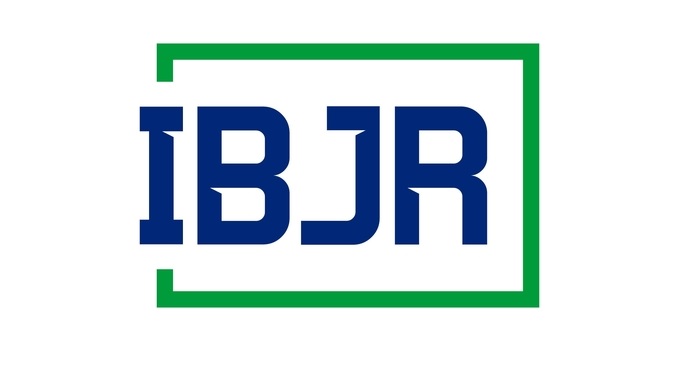In recent days, it was widely reported by the specialized media that the Ministry of Finance (MF) sent a formal notification to the Rio de Janeiro State Lottery (LOTERJ), recommending the immediate interruption of the accreditation of agents operating lottery modalities in the manner provided for in the standard published by the Rio de Janeiro government (in this case, State Decree No. 48,806/2023).
Currently, LOTERJ would be admitting the accreditation of so-called “bets” with the Rio de Janeiro municipality without imposing territorial restrictions on their respective operations, so that companies accredited in the State of Rio de Janeiro could operate throughout Brazil – in clear violation of the as established by federal regulations.
Article 35-A of Federal Law No. 14,790/2023 is expressed in establishing that the States and the Federal District “are authorized to explore, within the scope of their territories, only the lottery modalities provided for in federal legislation”, in addition to its paragraph 4 determine that “lottery marketing and advertising by the States or the Federal District carried out in physical, electronic or virtual media will be restricted to people physically located within the limits of their districts, or to those domiciled within their territoriality”.
Requiring bettors to declare that their bet is made in the State of Rio de Janeiro, regardless of their domicile or effective location, does not make logical or legal sense.
If it weren’t just that, the aforementioned Fluminense municipality would also be adopting grant values and tax rates that are quite different from those established by the Federal Government, generating tension over the establishment of a possible “fiscal war” between the federative entities – which, consequently, increases the levels of legal uncertainty to the detriment and disadvantage of the entire sector.
The Brazilian Institute of Responsible Gaming (IBJR), which is following the issue with increasing concern, also became aware that LOTERJ, for some time now, has been sending letters to various companies – including fixed-odd betting operators and other companies that they operate indirectly in the sector, as financial and payment institutions – requiring the immediate interruption of the operation of a platform that, without a license granted by LOTERJ, was allegedly operating irregularly in the State of Rio de Janeiro.
Failure to comply with LOTERJ’s unreasonable request by the aforementioned companies would result in the initiation of several administrative sanctioning processes, subjecting them to administrative sanctions that, in the best understanding of the IBJR, lack an appropriate legal basis.
This is because, although the Federal Supreme Court (STF) recognized the competence of the States and the Federal District to operate lotteries (as a public service), the competence to legislate on the matter continues to be exclusive to the Union, under the terms of article 22 , XX, of the Federal Constitution.
In other words, even though the States have material competence to explore lottery activities and regulate such exploitation, it is clear that state legislative/regulatory activity must adhere to the national guidelines drawn up by the Union (and, consequently, cannot contradict them).
Therefore, the IBJR recalls that Federal Law No. 14,790/23 is express and clear in the sense that “the Ministry of Finance will establish conditions and deadlines, not less than 6 (six) months, for the adaptation of legal entities that are in activity the provisions of this Law and the standards established by it in specific regulations”.
The acts carried out by LOTERJ create disorder, raise unnecessary doubts and harm the process of regulating the fixed-odd betting industry in Brazil. They put at risk the effectiveness of the legal framework consolidated by Federal Law No. 14,790/23 and bring legal uncertainty to the market, creating a bad environment for business and for the planning of operators who wish to request, under the terms of the law, authorization to operate regularly in Brazilian territory.
That said and considering recent events, IBJR understands that:
- It is illegal to take the position that fixed-odd betting operators licensed by LOTERJ (or any other authority other than the Ministry of Finance) have the right to explore this lottery modality and offer these services to consumers located in any location other than the territory of the Rio de Janeiro state;
- The position that, on this date, only fixed-odd betting operators licensed by LOTERJ have the right to explore this lottery modality and offer these services to consumers located in the territory of the State of Rio de Janeiro is illegal; It is
- The MF is correct in demanding an urgent position on LOTERJ’s questionable legality, especially given the risk of such decisions harming the authorization process for fixed-odd betting operators at federal level, contaminating the major sectoral advances that have been made. together with the National Congress and the Federal Government to regulate this important sector of the economy.




















































